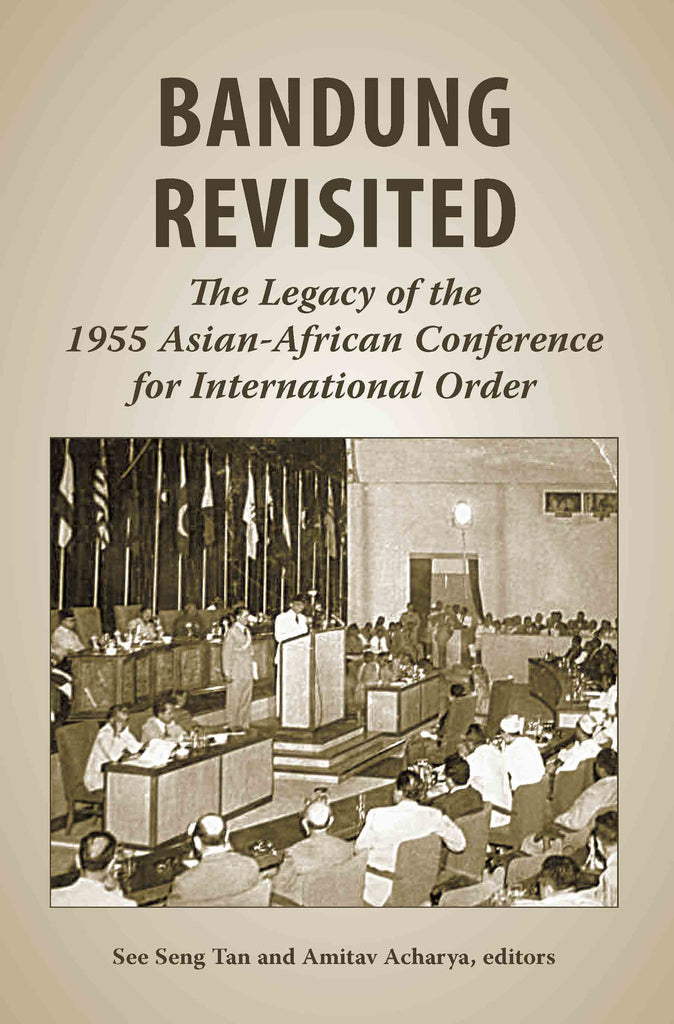Bandung Revisited: The Legacy of the 1955 Asian-African Conference for International Order
$38.00 SGD
The 1955 Asia-Africa conference (the Bandung Conference ) was a meeting of 29 Asian and African nations that sought to draw on Asian and African nationalism and religious traditions to forge a new international order that was neither communist nor capitalist, and led six years later to the non-aligned movement. Few would dispute the notion that the inaugural meeting in 1955 was a watershed in international history, but there is much disagreement about its long-term legacy and its significance for present-day international affairs. Was it a post-colonial ideological reaction to the passing of the age of empire or an innovative effort to promote a new regionalism? Were its principles of peaceful coexistence a rhetorical flourish or a substantive policy initiative? Did the Conference help define North-South relations? And in what way did the Conference contribute to the regional order of contemporary Asia?
The authors in the present volume argue that the Bandung Conference had a lasting normative influence on the contemporary regional order of Asia, and that it underlies the diplomatic principles and loosely defined normative framework that characterize present-day Asian international relations.
Tan See Seng is Head of the Multilateralism and Regionalism Programme and Deputy Head (Graduate Studies) at the S. Rajaratnam School of International Studies, Nanyang Technological University, Singapore.
Amitav Acharya is Chair of Global Governance and Director of the Governance Research Centre at the University of Bristol. He was previously Professor, Deputy Director, and Head of Research at the Institute of Defence and Strategic Studies in Singapore.
Publication Year: 2008
248 pages, 229mm x 152mm
ISBN: 978-9971-69-393-0, Paperback
NUS Press

